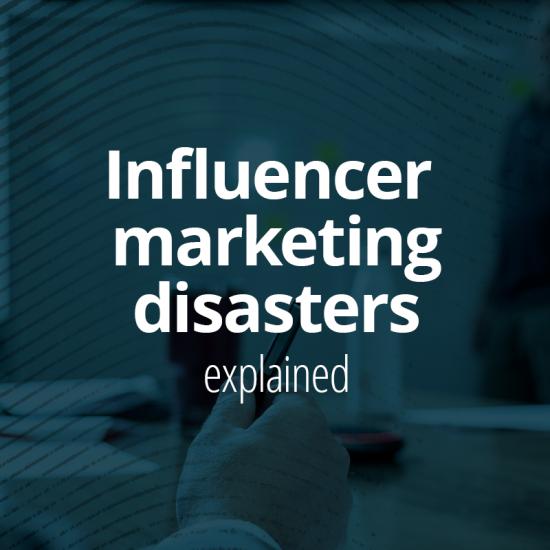
Avoid clichés like the plague
Keep your writing fresh
When we speak, it’s hard to avoid slipping in a cliché or two. After all, they serve a purpose and keep the conversation flowing. If, for example, we say, “A bird in the hand is worth two in the bush,” we’ve made our point and don’t have to come up with something original on the spot.
Writing—especially copywriting—is a different story. It’s important to take the time to come up with phrases or statements that are fresh, original and compelling. Still, clichés abound in advertising. For example, take my personal pet peeve:
“The perfect gift for everyone on your list.”
The perfect gift does not exist. Not even cash is perfect for everyone. A toddler probably doesn’t want cash.
“Next-level (fill in the blank)”
What does it even mean? If it’s better than anything that came before, explain why.
“Think outside the box.”
Like all clichés, this was original once. It’s not anymore.
“Not your mother’s/father’s/grandfather’s (fill in the blank).”
This probably started with the campaign “Not Your Father’s Oldsmobile” in 1988 and has been resurrected and repurposed countless times since. Funny thing, this campaign sunk Oldsmobile and has gone down in history as one of the worst advertising campaigns ever. Sales of Oldsmobile vehicles fell to half their pre-campaign level in two years and GM eventually discontinued Oldsmobile. In trying to attract a younger demographic, GM insulted its loyal customers. That’s not a good thing.
“Innovative”
So what else is new? Really… what makes the product or service innovative? If you’re writing about something that truly is new and ahead of its time (there’s another cliché!) describe what it is that makes it so, and more importantly, what difference it will make to your audience. Technically this might not be a cliché, but “ahead of its time” is an overused phrase, as are its cousins, “cutting-edge” and “new and improved.”
“For all your (fill in the blank) needs”
If a gardening center uses the phrase “For all your gardening needs,” is that compelling? No, it’s pretty meh. But what about “The largest selection of annuals in the tri-county area,” or “20,000 square feet of gardening nirvana?” Either of those statements would be much more likely to make gardeners sit up and take notice.
“We’re not satisfied until you’re satisfied.”
Does this mean the point at which someone has learned something new, eliminated all their pain, received the loan they needed or something else? Specifics, please.
Arguably, clichés could have one important function in writing. Instead of getting stuck trying to think of an alternative, use a cliché as a placeholder. Then, go back and replace it when you’ve written the rest of your copy. In my experience, thinking too hard can thwart creativity. Instead, let ideas percolate and something better will inevitably come to mind.


